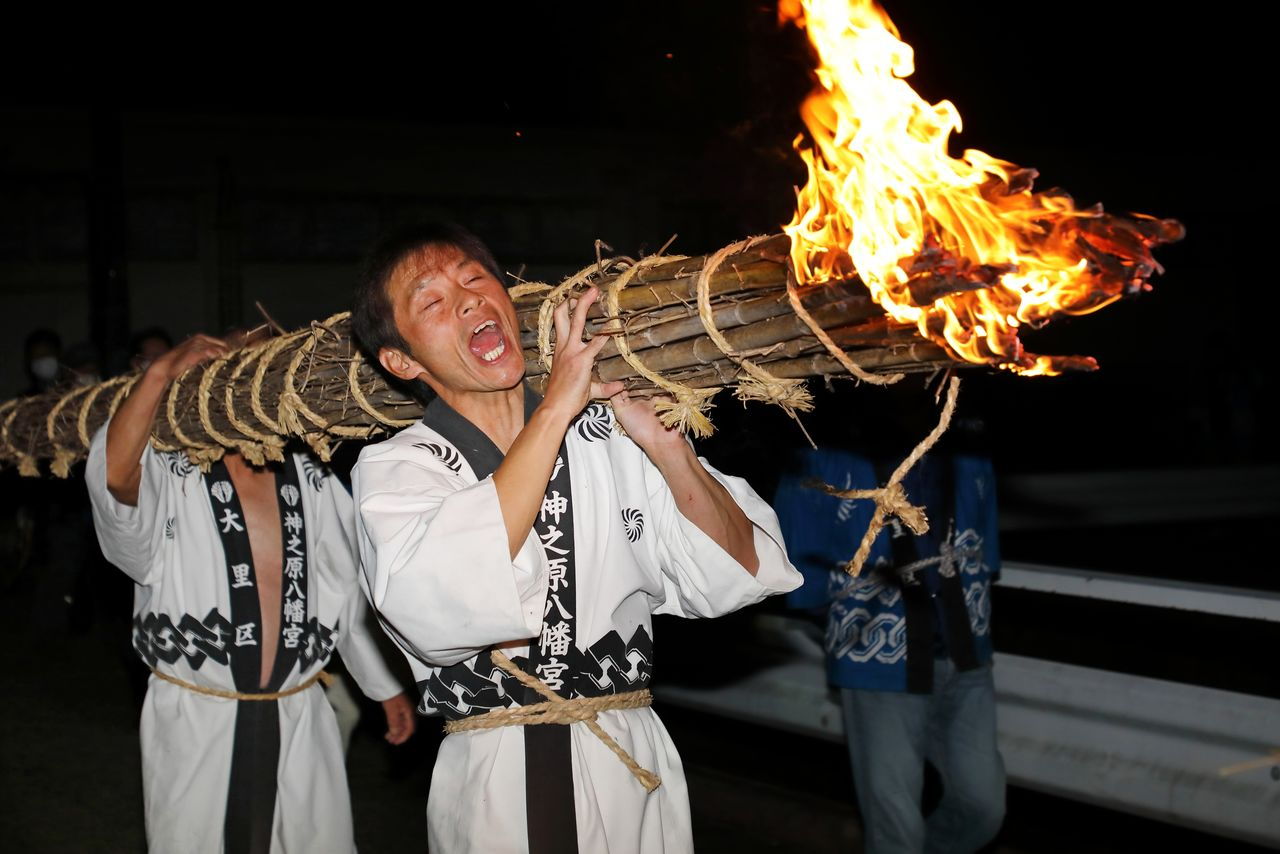
The Buyi people have always lived together. In the past, they could only marry within their own ethnic group, and marriages with other ethnic groups were rare. Even within the same ethnic group, there are regulations prohibiting marriages between the same surname and the same clan. For example, the four surnames of Li, Pan, Liang, and Chen in the Biandan Mountain area of Zhenning, and the two surnames of Lu and Ma, and the Zhao, He, Luo, and The eight surnames of Luo, Yang, Liu, Meng and Lu, as well as the two surnames of Luo and Li in Ziyun County, are considered to have the same surname and the same clan and cannot be married. In some areas, although they have the same surname, it is said that they are not from the same clan, and they can still get married.For example, the Luo surname in Sanyuanchang area of Longli County and the Luo surname in Panjiang area of Guiding County, the Wang surname of different clans in Pingrao area of Wangmo County, the Huang surname of different clans in Ceheng County, etc. In addition, it is strictly forbidden for people of different generations to marry, otherwise it will be considered incest, and it will also cause confusion in the names between relatives. Of course, whether they are a good match and their family background are also issues that must be considered in marriage.
The conclusion of a Buyi marriage generally involves several steps, including negotiation, matchmaking, engagement, marriage, and marriage. Influenced by Han culture, “fate theory” also plays an important role in the marriage conclusion process of the Buyi people. Before asking a matchmaker to propose marriage in the South, one must first understand the woman’s birth date and ask a fortune teller to calculate whether the two parties’ birth dates are compatible or incompatible, which is called “combined birth date”. In addition, choosing a daughter-in-law depends on character, personality, craftsmanship, etc. The woman is required to be resourceful, flexible, loyal, filial, and able to work in the fields.The matchmaker’s words play an important role in the process of concluding a marriage among the Buyi people. The matchmaker is usually a middle-aged or above elder who has children, is loyal, trustworthy, and has a good reputation. Matchmakers can be divided into “walking matchmakers” and “sitting matchmakers”, and both men and women can do so. The “matchmaker” is entrusted by the man to propose marriage to the woman’s house for the first time. There is no need to bring any gifts. He only needs to find a “matchmaker” to negotiate first, and then the “matchmaker” proposes marriage to the girl’s parents.
After the man’s “proposal” was accepted, the two parties began to communicate frequently to deepen their relationship. When they reach the age where they can talk about marriage, an “engagement” ceremony is held. The man chooses an auspicious day and informs the woman to get ready. On that day, the groom’s family asked someone to carry a large jar of wine sealed with red paper, several pieces of brown sugar, a plate of firecrackers wrapped in red paper, a big rooster, and a certain amount of money as a bride price. The amount varied in different times and in different ways. Regions have different practices. After the engagement ceremony, the prospective son-in-law would send gifts such as a pig leg, glutinous rice cake and wine to his father-in-law’s family every year as a sign of filial piety.The marriage ceremony can only be carried out after the marriage proposal and engagement. The forms of marriage vary from place to place. In the past, some people got married on horseback, in sedan chairs, and some walked under umbrellas. In most areas, the day before the wedding, the groom’s family will organize a pick-up team to go to the bride’s house to pick up the bride. This team is led by a Mr. Yasri and includes a suona team of 2 to 4 people, 1 girl and 1 boy. There are seven or eight strong young men.The male matchmaker usually acts as the matchmaker, whose duty is to carry the bride price and deliver it to the bride’s family. The girl’s duty is to accompany the bride, the boy is responsible for carrying the “Luan Shu”, and the young man’s task is to carry the dowry. In most areas the groom does not have to go in person, but in some areas the groom has to go in person. The bride’s family usually holds a grand ceremony, and relatives and friends come to give gifts to celebrate. There are some unique customs in the traditional marriage customs of the Buyi people. For example, most Buyi people used to have the custom of “not leaving the husband’s family” after marriage. In some areas of Zhenning County, the bride was required to “wear a false shell” after marriage, and then she Live in her husband’s house.




